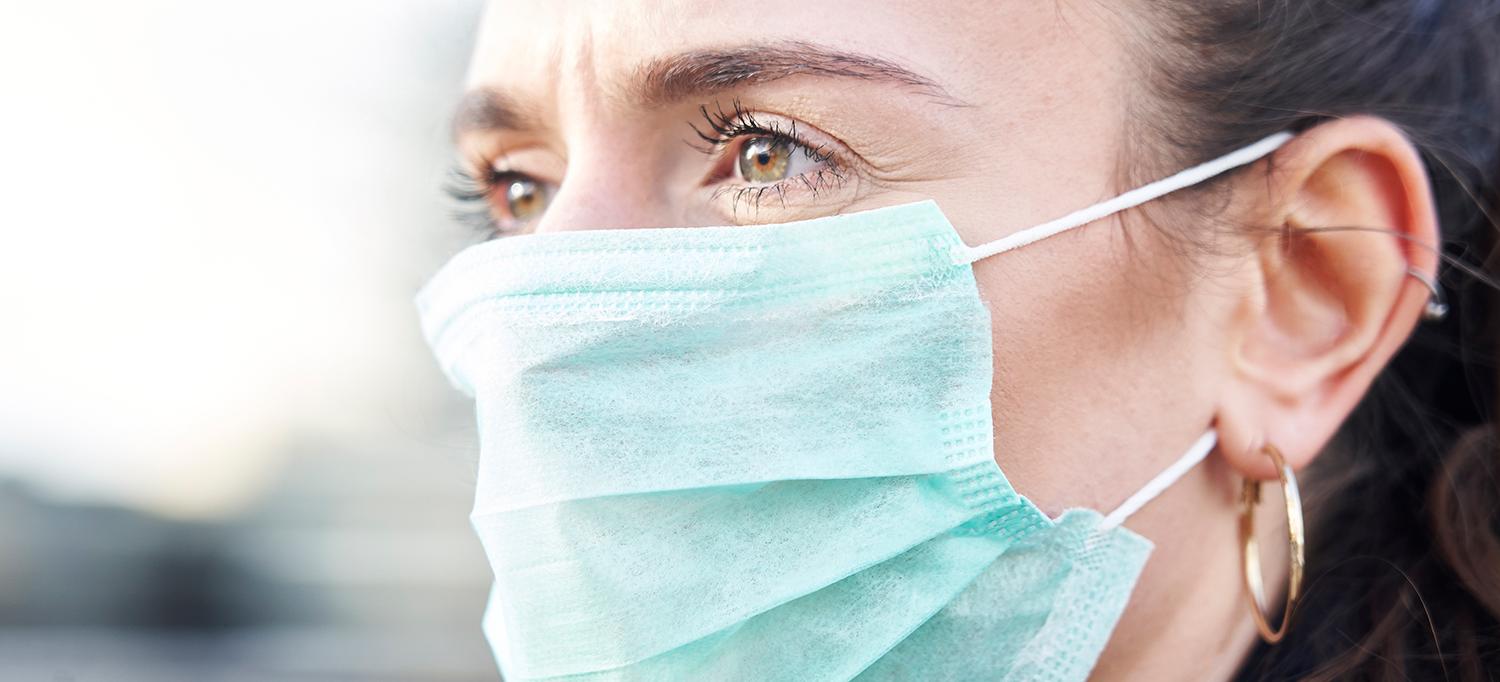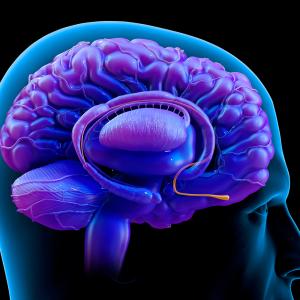
Photo: gemphotography/Getty
For some of the millions of Americans with post-traumatic stress disorder, obsessive–compulsive disorder, or debilitating anxiety, 2019 coronavirus disease (COVID-19) is a growing mental health threat.
“You’re having an anxiety reaction if you’re anxiety is increasing in frequency and intensity, and if it’s invading your ability to function,” Charles R. Marmar, MD, chair of the Department of Psychiatry, tells The Washington Post. “You’re having trouble changing the channel from the ‘worry channel’ to focusing your mind on friendships, love, work, hobbies, etcetera.”
Fortunately, experts have advice for coping with anxiety-related to COVID-19. This includes maintaining your routines as much as possible, avoiding crowds but not isolating yourself, eating healthy foods, sleeping regularly, exercising, and avoiding too much alcohol and caffeine. Taking breaks to play a game, watch a movie, take a yoga class, or try a meditation class can also be helpful.
“All of those things are practically useful,” Dr. Marmar says, “but probably even more important, they confer a sense of control when we feel more helpless.”
If all else fails, talk to your doctor or mental health provider.
Read more from The Washington Post.

